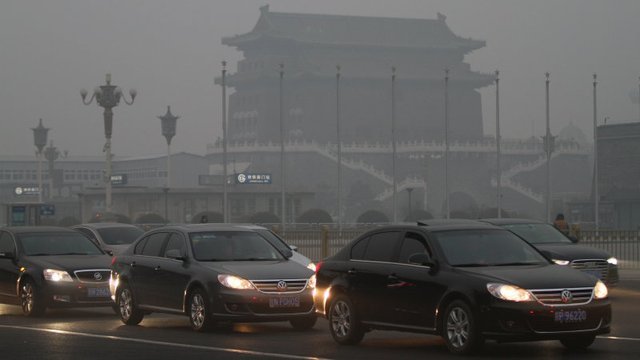By 2017, Under 50% of New Cars Will Use Conventional Gas Engines

However, this bold statement does not suggest that hybrids, hydrogen fuel cells and electric cars will dominate the globe's road in just two years. Instead, Navigant considers practically any technology beyond old-school, naturally aspirated power to be outside its narrowly defined traditional category.
"There is no single technology that will dominate fuel efficiency improvements over the forecast period through 2025," said David Alexander, senior research analyst with Navigant Research, in the release. Alternatively, a more holistic approach is on the way with efficiency improvements to engines and transmissions, plus lower vehicle weights. Earlier this year, the company also predicted that gasoline consumption would fall globally after 2021.
The biggest fuel economy game-changer in the coming decade is stop/start technology, according to the report. Navigant estimates that 58 percent of all vehicles sold by 2025 could make use of it. The company further predicts stop/start to slowly morph into mild hybrid setups that use regenerative braking to provide a little boost in power, as well. The systems can reportedly save drivers about $180 a year, and Ford plans to offer the tech on 70 percent of its models by 2017.
All of this work to make vehicles cleaner comes because of increasingly strict laws governing automotive emissions around the world. The study predicts global auto sales to grow from around 84 million in 2014 to 109 million in 2025. Over that time, alternative fuels and electric vehicles are expected to gain market share but gasoline to remain the king of fuels.
Nouvelles connexes


